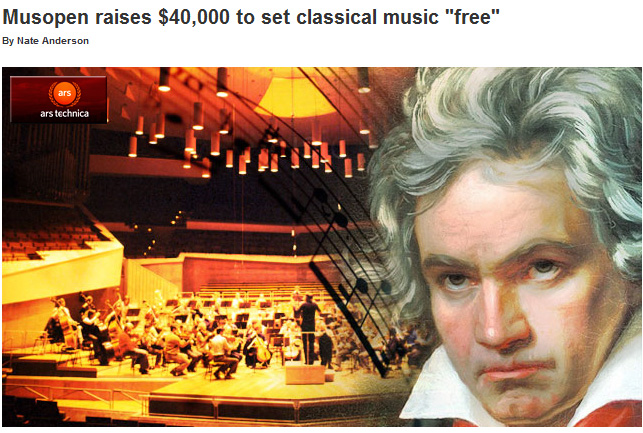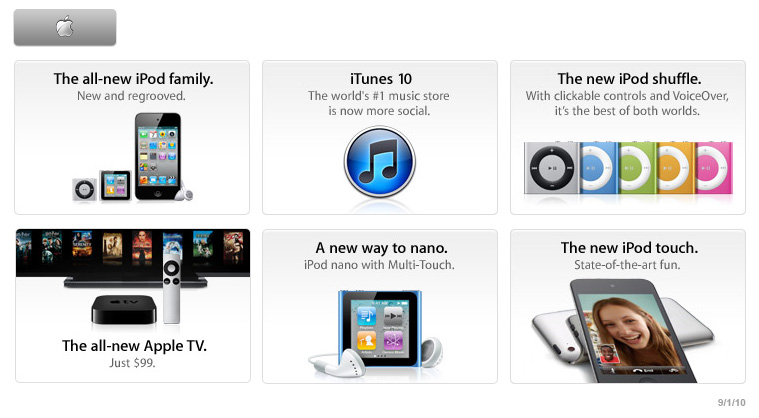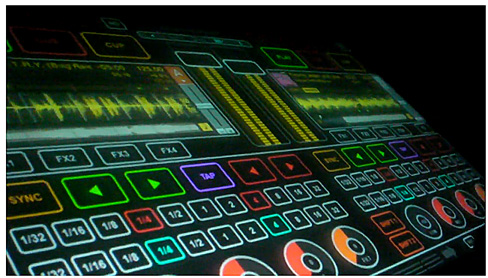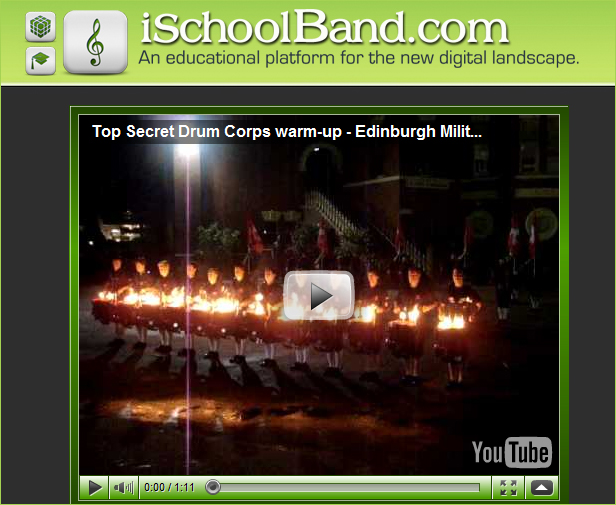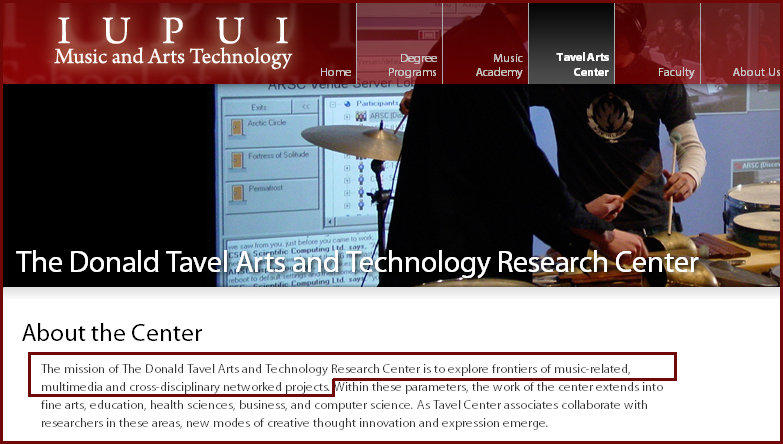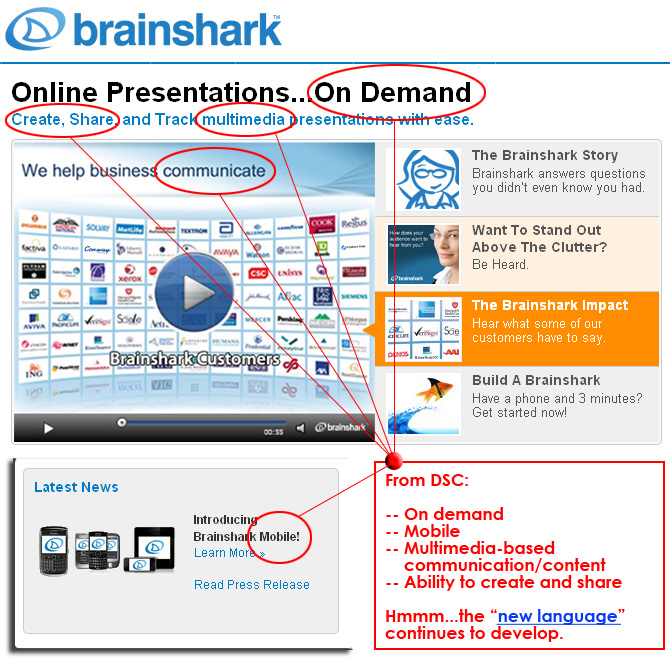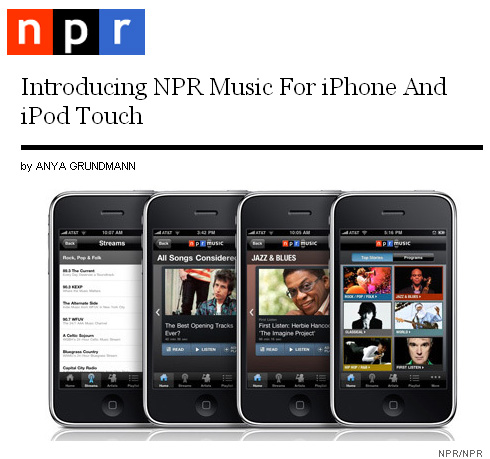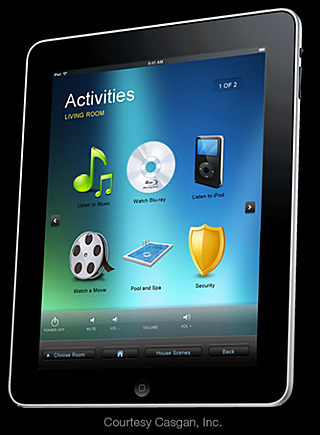- iPod Touch Adds Video Calling, HD Recording
- Apple introduces new Apple TV and iPods
- From Live from Apple’s fall product launch
In sum, Steve Jobs delivered on most of the rumored new products and services. The headlines:- A new $99 Apple TV that streams (rather than downloads) $4.99 movie rentals and 99-cent TV rentals from ABC and Fox
- A new lineup of iPods, chief among them the iPod touch equipped with two cameras, one a front-facing camera that can do Facetime video chats
- A new version of iTunes with a social networking feature called Ping that tracks the downloads of friends and celebrities
- A new version of iOS 4.2, promised for November, that will bring multitasking, folders and other goodies to the iPad.
- Addendum from Analysts weigh in on the new Apple TV
Piper Jaffray’s Gene Munster:
We see the Apple TV as an important step toward an all-in-one Apple television. We continue to expect Apple to launch an all-in-one Apple television in CY12. As consumers gain comfort with connected TVs and apps on their TVs, we believe Apple will eventually take its all-in-one philosophy to the digital living room like it has with the iMac and the iTunes ecosystem.
Royalty-free music: Where to find free music tracks for your video clips — from Robin Good’s Latest News by Daniele Bazzano
As you probably know, it is illegal to use copyrighted commercial music when publishing video clips online. For example, YouTube has developed a copyright-protection system that immediately detects unlicensed uses of copyrighted music tracks inside videos published online and silences them or blocks them from public viewing. So, how can you get a nice background music to place on your videos without infringing the law? The MasterNewMeda research team comes to the rescue with this guide listing all of the best services on the web to get or download open and unrestricted royalty free music.
Also see older posting:
Where can you find royalty free music
Check out this video clip for what future DJ’s might be using:
Also see:
- Emulator, Multitouch PC Software, Makes Tablets into Controllers for Traktor, More — from createdigitalmusic.com by Peter Kirn
How 21st century online collaborative tools, networks, and skills are re-invigorating the field of Music Education — from iSchoolBand.com
Also see:
.
.
— the above items are just 2 of the items from KevinRose.com’s 2010 products I can’t live without
.
- Multimedia
- Cross-disciplinary
- Networked projects
- Music-related
Within these parameters, the work of the center extends into fine arts, education, health sciences, business, and computer science. As Tavel Center associates collaborate with researchers in these areas, new modes of creative thought innovation and expression emerge.
The story of the Department of Music and Arts Technology began in the mid-1990s when the shared campus of Indiana University and Purdue University began offering what was the first United States-based master of science degree in music technology. The focus was on educating students on computer-based music technology, multimedia and interactive design, and multimedia production techniques.
Also see:
The technology that saved a university degree program — from InsideHigherEd. by Dian Schaffhauser
MPN Strategies – Make a 360 Deal with yourself — from futureofmusicbook.com by Dave Kusek (Vice President at Berklee College of Music responsible for managing the online music school, Berkleemusic.com.)
As we have seen, there are many different ways to make money in music today. In the past few years, much has been said and written about the 360 degree deal, where an artist/writer enters into a business partnership with a company and gives the company lots of rights to recordings, songs, merchandise, and touring, usually in exchange for a larger advance.
My advice to you is to make a 360 degree deal with yourself and find ways to generate revenue from your writing, performing, brand, activities, and interests that suit you and what you stand for. DO NOT license these rights away to any one company, even if it waives a huge advance in your face. You do not want to be dependent on any one entity for your livelihood, other than yourself. If you make the 360 degree deal with yourself, you can then selectively find the right partner to help you exploit the various revenue streams that you have by focusing on each stream individually to maximize its potential.
and
|
||||
| eJamming is a collaborative network of thousands of musicians creating and performing together online in real time. | ||||
| The Berkleemusic blog network brings together music industry professionals, music educators and Berklee online school faculty members to discuss current events relating to the music business, music production, songwriting, music theory, performance and online education.
|
||||||
 Studying Music Online by Berkleemusic Staff |
 Orchestral Music Production by Ben Newhouse |
 The Quest for Good Guitar Tone by Thaddeus Hogarth |
||||
|
Music Publishing & Songwriting |
Music Business and Trend-Mongering |
||
|
Future Of Music |
Producing with Pro Tools |
||
|
Music Production |
Composing with Live |
||
|
Sound from a Virtual Planet |
Orchestral Music Production |
||
|
Music for Games, Films, and other Visuals |
Writing about Music |
||
|
Career Songwriter |
The Quest for Good Guitar Tone |
||
|
Music, Education, and Technology |
Music Smarts |
||
|
Making the Most of Notation Software |
The Writer’s Corner |
||
|
Berkleemusic News |
Studying Music Online |
See also:
UCEA Award for Best Online Learning Course — from Online Learning Update by Ray Schroeder
The University Continuing Education Association (UCEA) has awarded Berkleemusic.com, the online extension school of Boston’s Berklee College of Music, with its 2010 Best Online College Course Award for Professor Stephen Webber’s Music Production Analysis course. This is the Berkleemusic’s sixth national award, having received the honor each year since 2005. The award is the highest recognition possible for online curriculum from UCEA, a membership association that promotes excellence in continuing higher education. The competition judges courses from all colleges and universities nationwide, representing all disciplines.
http://www.prweb.com/releases/berkleemusic/ucea-award/prweb4004944.htm









